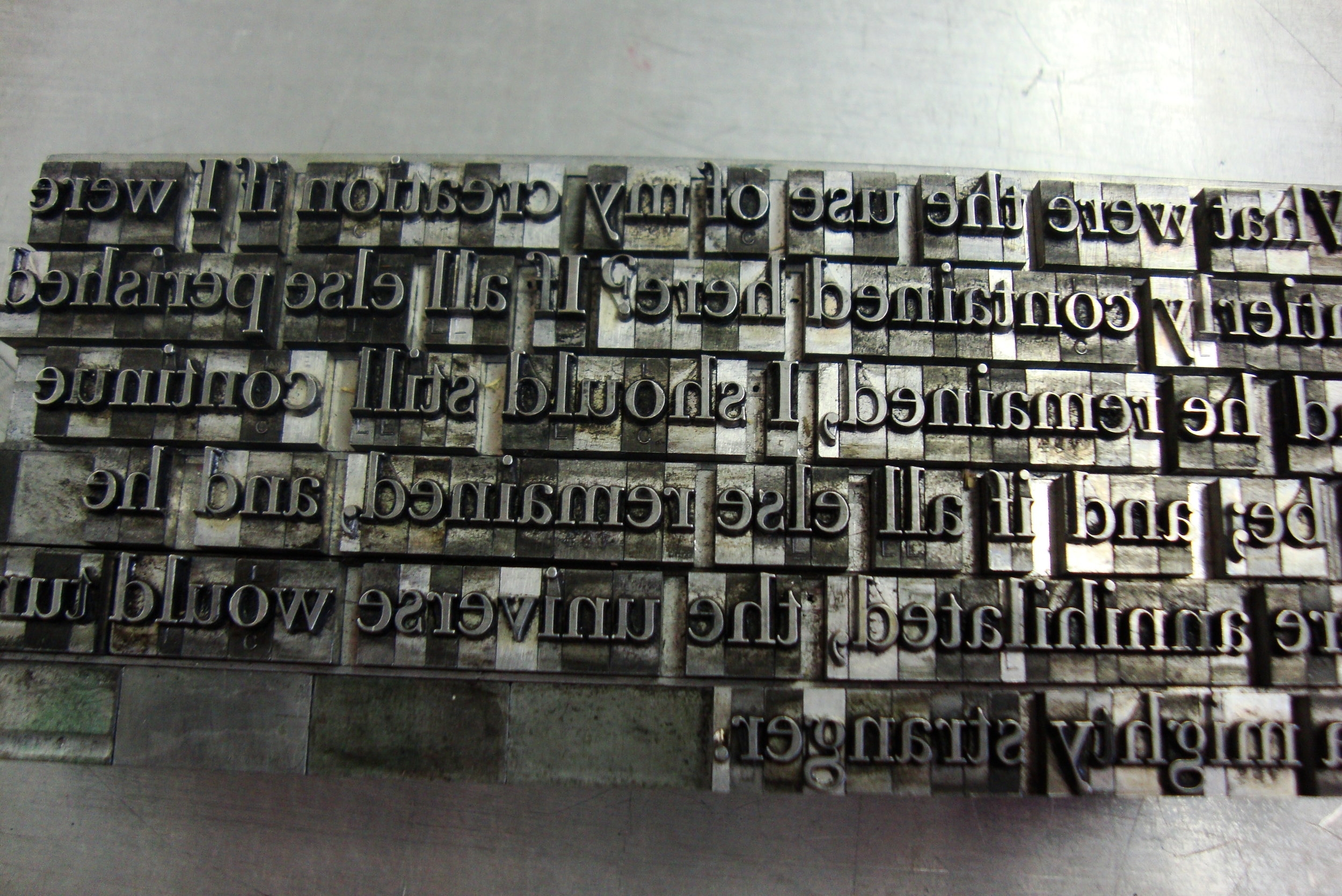I'll never be on fleek
/I fondly recall when I decided to no longer keep up with slang – it was when I came across the expression “on fleek” about a year ago. Upon first blush, I didn’t know what it meant and was unable to infer based solely on context. And, as is often the case with slang, the etymology was not clear. A bit of research revealed that it originated in a Vine (sorry everyone over 50 who doesn’t know what a Vine is) when its star assessed her perfectly groomed eyebrows and declared them to be on fleek. Initially, fleek was used only to describe brows: well-maintained: on fleek -- unkempt ones: very much off fleek. Over time, however, the term has been expanded to mean exactly right, or perfectly done (e.g., Hillary’s Twitter game during Monday’s debate was on fleek. For the record, the American Dialect Society nominated fleek for Word of the Year and Most Likely to Succeed, yet it’s still not cognized by Outlook’s spellchecker.
The main reason I decided to opt out of the never-ending-keep-up game with slang was the realization that it is very much created by young people to communicate in a language not understood by old people like me. And, candidly, I am happy to be on the outside. I will confess, however, to a burst of pride earlier this week for understanding a colleague’s insult when she called me basic (someone who prefers only mainstream products, trends, or music). Yes, I am basic, but I very much choose to live in my basic cocoon where I worry about retirement savings, health insurance, and the like.
Patois
1. a regional form of a language, especially of French, differing from the standard, literary form of the language.
2. a rural or provincial form of speech.
3. jargon; cant; argot.
1635-45; < French: literally clumsy speech; akin to Old French patoier to handle clumsily, derivative of pate paw

